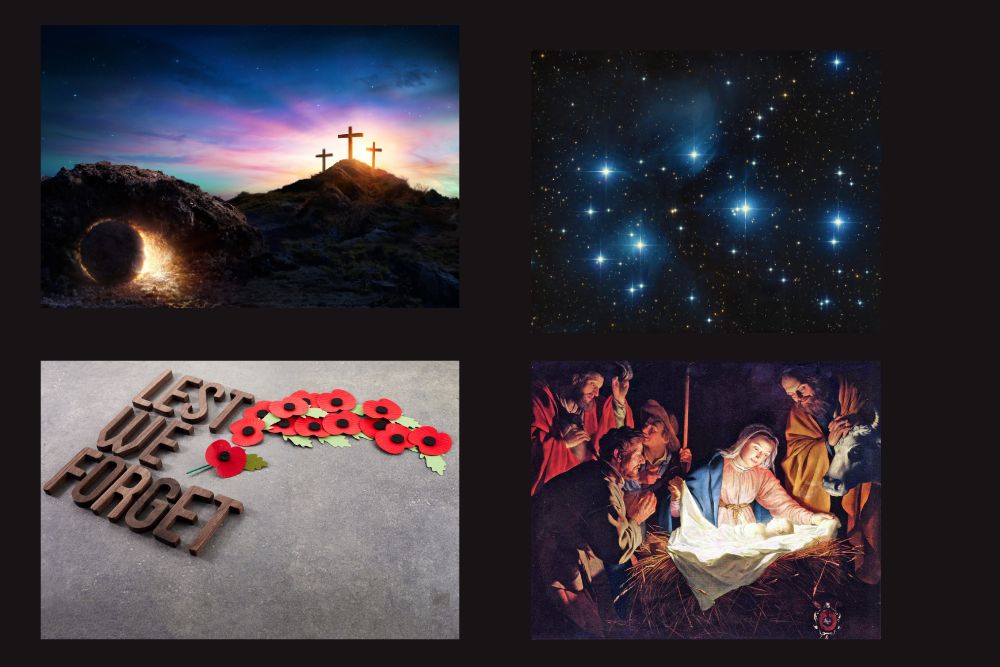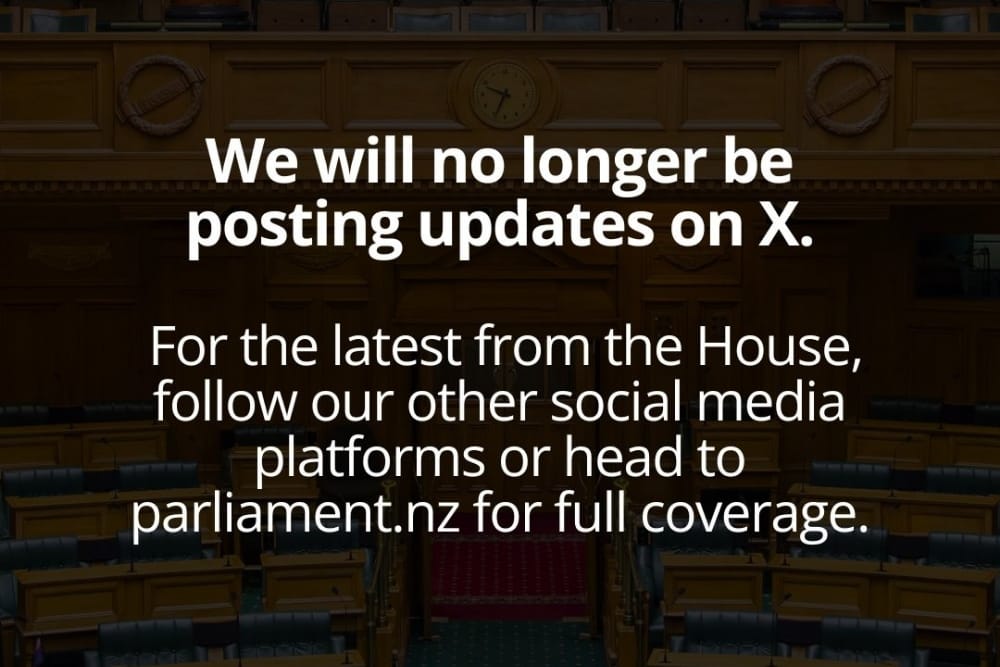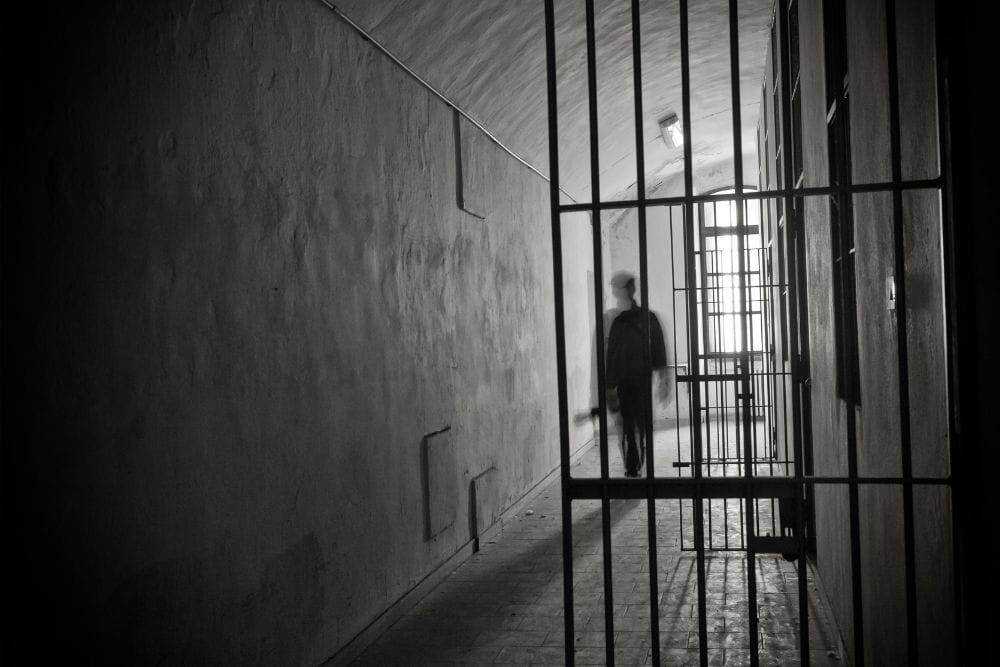By Mike Bain
Amidst the many debates, one thing is clear: New Zealand is in the midst of a cultural transformation.
As the nation grapples with these changes, it faces the challenge of balancing tradition with modernity.
Adding to the tensions already felt in the country the possibility of a change in the standing of one of the world’s favourite holidays is likely to cause some angst among some, but not for others.
For years questions have been asked over both the number and reasons for New Zealand’s traditional national holidays with the addition of Matariki.
Holidays such as Matariki, ANZAC and Waitangi Day are loved by kiwis because of their uniqueness and sense of pride whereas the King’s Birthday, and Christian based holidays, Good Friday, Easter Sunday, and Christmas are now being questioned.
This shift is emblematic of the broader cultural changes sweeping through New Zealand. In a society where Christianity and monocratic ideals once held sway, a growing number of Kiwis now identify as secular or follow a variety of other religions.
Yet, as New Zealand’s population has grown more diverse, the once ubiquitous religious observance has become a point of debate. Many argue that in a secular, multicultural society, the enforced closure of retail stores on Good Friday and Easter Sunday is an anachronism that no longer reflects the varied beliefs of the population.
Christmas, once a purely religious celebration marking the birth of Christ, has evolved in New Zealand. For many, it has transcended its Christian roots and transformed into a cultural festival that brings people together, regardless of their faith. The holiday now represents a time for family gatherings, feasting, and the exchange of gifts, rather than solely a religious observance.
This pluralism is reflected in the changing nature of holiday celebrations. Christmas, for instance, has been embraced by people of all backgrounds, who have infused it with their own traditions and meanings. For some, it remains a deeply spiritual occasion, while for others, it is simply a joyous time to connect with loved ones.
For decades, the retail debate over Easter Trading has been a flashpoint of contention, reflecting the deep-seated divisions within Kiwi society.
Easter, a cornerstone of the Christian calendar, has historically been a time of solemn reflection and celebration.
An introduction of Christmas Day trading would stand as a microcosm of this broader struggle. It encapsulates the tensions between preserving the cultural and religious heritage of the past and embracing the diverse, dynamic society that New Zealand has become.
Any move to allow retail stores to open on Christmas Day will undoubtedly spark a robust debate.
Proponents’ arguments would centre around the modern realities of a consumer-driven society. Critics, however, see it as a further erosion of the sacredness of the holiday. They argue that it commercializes a day that should be reserved for family and reflection, regardless of one’s religious beliefs.
In conclusion, the cultural shifts in New Zealand are reshaping how holidays like Christmas and Easter are perceived and celebrated. As the country moves towards greater inclusivity and diversity, it must navigate the delicate balance between honouring its traditions and accommodating the evolving beliefs and practices of its people.
Veteran broadcaster Mike Bain has worked with media throughout New Zealand and is the founder of Christian Voice New Zealand.









